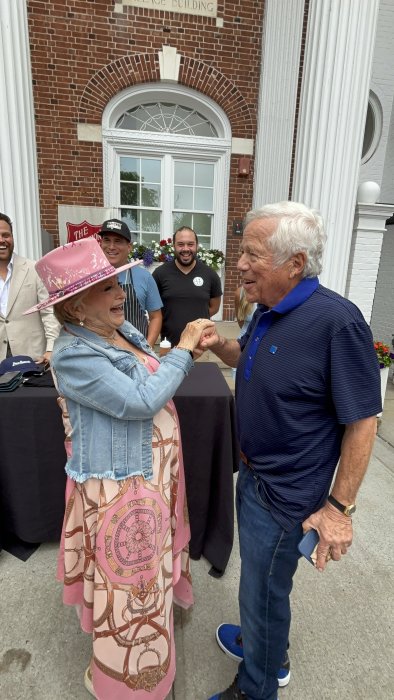Recently, in my Shakespeare class at SUNY Old Westbury with Professor Hegde, the class was given as assignment. It was “discuss whether and/or why Shakespeare should be considered a creative genius.”
It is a fact that the plots or storylines in all of Shakespeare’s plays (about 36 of them) were based on pre-existing sources, in many instances, stories by other authors, Plutarch’s lives, etc.
Shakespeare took these stories and fleshed them out. This included adding brilliant dialogue and turning the story into an interesting and historically correct play. There were no English dictionaries during his lifetime so Shakespeare coined and invented many words and phrases that are today considered integral parts of the English Llanguage.
You may be surprised at these additions to English, which had not yet been formalized. Some of his coined statements:
“Knock, Knock, Knock! Who’s there?”— Macbeth
“Neither an borrower, nor a lender be.”— Hamlet
“Parting is such sweet sorrow.”— Romeo and Juliet
“Neither rime nor reason.”— The Comedy of Errors
“To thine own self be true.”— Hamlet
“Too much of a good thing.”— As You Like It
“Wild-goose chase.”— Romeo and Juliet
“All the Worlds a stage and all the men and women merely players.”— As You Like It
Shakespeare’s vocabulary was 25,000 words; today’s college students’ vocabularies are somewhere around 5,000 words. Some more terms coined by William Shakespeare and still used today like amazement, birthplace, cold-blooded, dawn, eyeball, fashionable, generous, ill-tempered, jaded, love letter, majestic, outgrow, puppy dog, quarrelsome, rascally, schoolboy, tranquil, useful, vulnerable, well-behaved, yelping and zany.
Also: gossip, luggage, marketable, mimic, obscene, undress and submerge. More phrases: a fools paradise; foregone conclusion; sorry sight; dead as a doornail; bag and baggage; Ides of March; fairplay; good riddance; in stitches; heart’s content; tongue-tied; tower of strength; Greek to me; love is blind and vanish into thin air.
The English language today is certainly richer for the many words and phrases created by the genius of William Shakespeare.


































